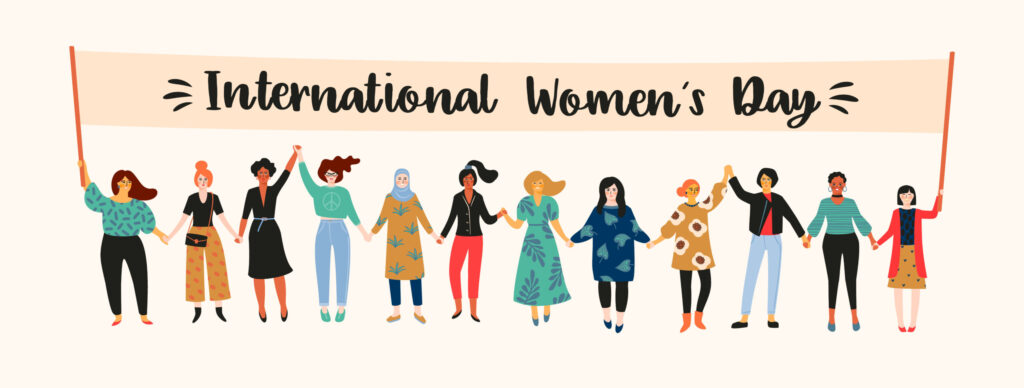Have you ever called your co-workers “Guys?”
A lot of us have and do, but does that make it OK? There’s a lot to consider when it comes to what may be unconscious gender bias in the workplace.
Let’s take a step back and let me start with one of my biggest pet peeves: “girls” at the office.
A good friend and I were walking our dogs when he shared with me how his company was growing. “We are doing a lot of hiring,” he said. “We just hired this girl from Penn State.”
To which I quickly replied, “Is she 14?”
Unless it’s Bring Your Daughter to Work Day, “girls” just don’t belong at work. I recently corrected an older colleague who replied with, “You can’t teach an old dog new tricks – I’m 68.” Well, I’m going to keep on trying!
Another co-worker told me that in his home country, “girl” is used for unmarried women, so it was confusing to him. I schooled him: “Let me make it really simple. In the workplace, there are no girls allowed!”
For the record, it’s not only men who are guilty of this behavior. I frequently hear other women talk about groups of girls or call out the “girl down the hall.” Not cool – and yes, I just as politely (or perhaps not so politely) correct them, too. And I was doing this long before #MeToo.
If we want to see change, we need to tackle these everyday microaggressions that are separating the “girls” from the “boys.” And until we start having boys show up at work, there will be no girls allowed in my workplace.
Ladies First?
In my mind, the girls versus women conundrum is simple. No girls in the workplace – period.
But what about “ladies” – it’s genteel, right?
I once coached a leader who would start off his emails to his team with “Hello Ladies.” In his defense, his response was that his team was all women. My response, however, was that the use of ladies was focusing the message on his team being women and him being a man. The reinforcement of a stereotype of men in the position of power is not appropriate for the workplace.
If you really aren’t sure if how you’re addressing your colleagues or team is appropriate, use what I call the “flip test.” Would you send an email to an all-male team with “Hello Gents?” Probably not, unless you were evoking the 18th century. It’s too exclusive and way too corny. “Hello Team” is a much more appropriate way of addressing the group regardless of gender and avoiding any gender bias in the workplace.
So, what about the rest of the guys?
So back to our original question, what about those generic “guys”? Well, workplace gender bias affects all sides of the spectrum.
Can I use the term “guy” if used generically? Not so straightforward and with full transparency, yes, I too do this often. But does that make it right?
Consider that I am in a team meeting. The make-up is about 50% women, about 50% men. We are conversing about strategy, about metrics, about product, and I say, “What do you guys think of this?” Clearly, in my mind, I am asking for input from everyone.
Isn’t that ok? It just rolls off my tongue. It’s casual. It’s hard to avoid. So, as I contemplated my own behavior, I went to the source – Wikipedia, of course. And it did not disappoint in providing me with some guidance that reinforced my current way of thinking:
“In plural, guys is not completely gender-neutral but it may refer to people of either sex in some circumstances and forms; the greeting “Hey guys”, or any vocative utterance, can generally refer to people of either gender. Referring to a group as “guys” usually means a group of men or a mixed-gender group.”
Well, just because Wikipedia says so, is it really the right thing to do, particularly as we consider the impact or perception by trans and gender-nonconforming people?
Sorry Wikipedia, I’ve changed my mind. If we truly want to start considering each other as “co-workers” or “co-employees,” we need to leave gender at the door. It won’t be easy, but I am going to ask the “team” or “everyone” what they think next time.
So folks, what do you all think about these workplace gender bias examples? I’d love to hear your point of view and how you address these seemingly small but really critical issues in your teams. Email me at dmuller@hracuity.com. I’ll share comments in a future blog.
And speaking of critical issues, are you looking for a better way to track employee relations issues and investigations? Then sign up for a demo to see how HR Acuity can help you improve your employee relations management!
Thanks, team!




